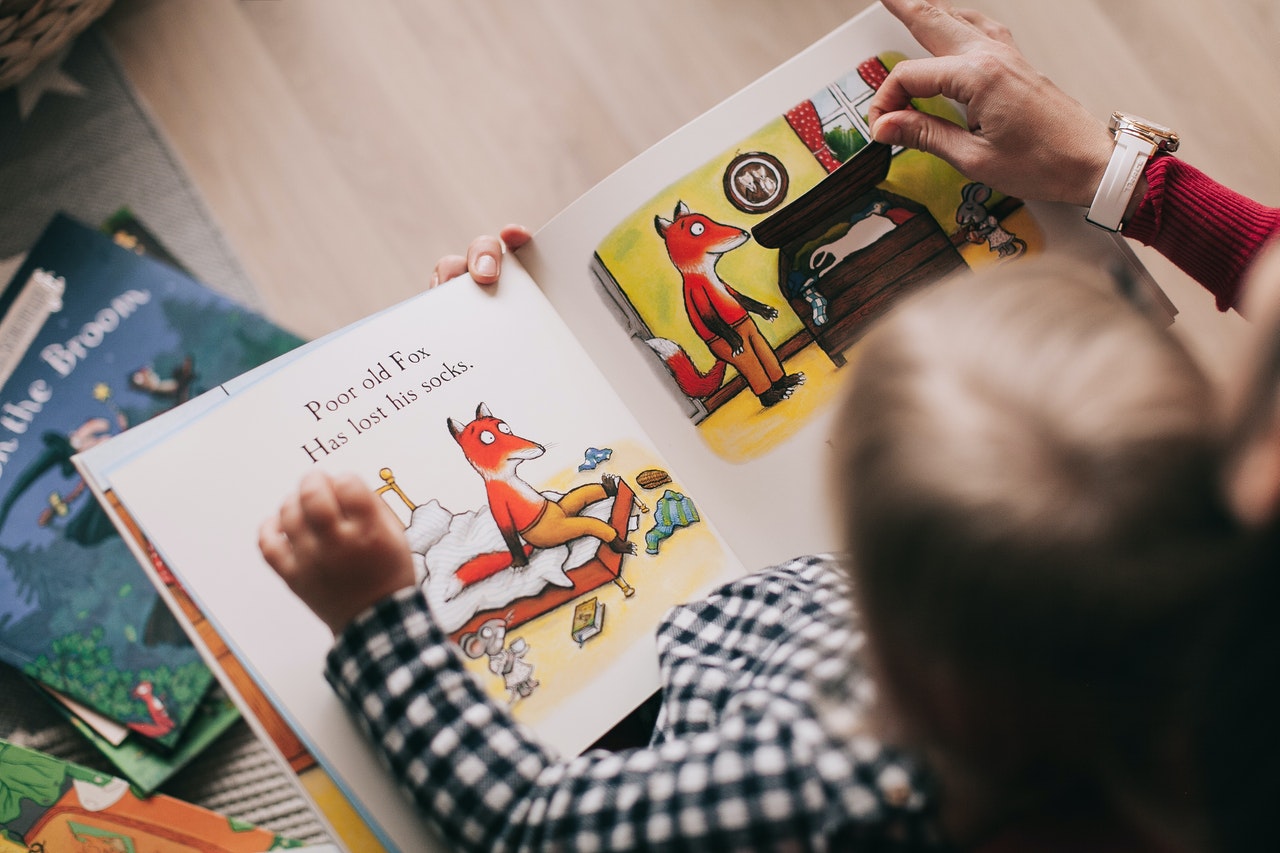Reading is a vital skill for kids to have. It’s a useful tool that can help kids learn. And over time, reading can help kids to develop their vocabulary and writing skills. But, even though it’s important, some kids can be reluctant to read or spend much time reading for fun. Whether your child is struggling to love reading or you just want to give them some reading tips, here are some tips on how to help your son or daughter learn to love reading.
Keep books around and within easy reach.
If you want your kids to develop a healthy relationship with reading, you’ve got to make reading something they can see and easily access. You don’t have to fill up every square centimeter on the bookshelf with children’s books, but keep them there in some form. Having books visible will imply that your child has easy access to books (and reading) at all times.
Make sure your child has his own bookcase in his bedroom or playroom where he can store his favorite stories. If he doesn’t have space for a bookcase now, keep his favorites on top of his dresser or on shelves near his bed so that he can see them when he wakes up in the morning (and hopefully pick one up).
Offset screen time with special reading time.
Set aside special reading time. Make sure that every day there is something set aside just for reading (and nothing else). It doesn’t matter if it’s 10 minutes or two hours; just make sure that this time is special. The goal is to make it clear that this is the only thing that matters during this period — no phone calls or distractions allowed! This helps children develop the habit of sitting down and concentrating on what they’re doing rather than getting distracted by everything else going on around them.
Encourage regular trips to the library.
Encourage regular trips to the library. The library has so much to offer – books, magazines, newspapers and more. It’s a great way for kids to explore new interests and find new things to read about what fascinates them most.
Let them choose their own books from a wide selection of choices. A limited selection can be discouraging for kids who want to read everything on their shelves at once, or who don’t know where to begin with their first book purchase. Letting them pick out what they think looks interesting will help them enjoy the process more than if you force them into reading something they hate just because it’s educational.
The most important factor in whether or not a child will enjoy reading is the attitude of their parents toward reading. It is important to love reading yourself and to instill that same love in your children. Without these two precursors, a child will hardly be able to love reading, whether there are games that reward readers or not.

